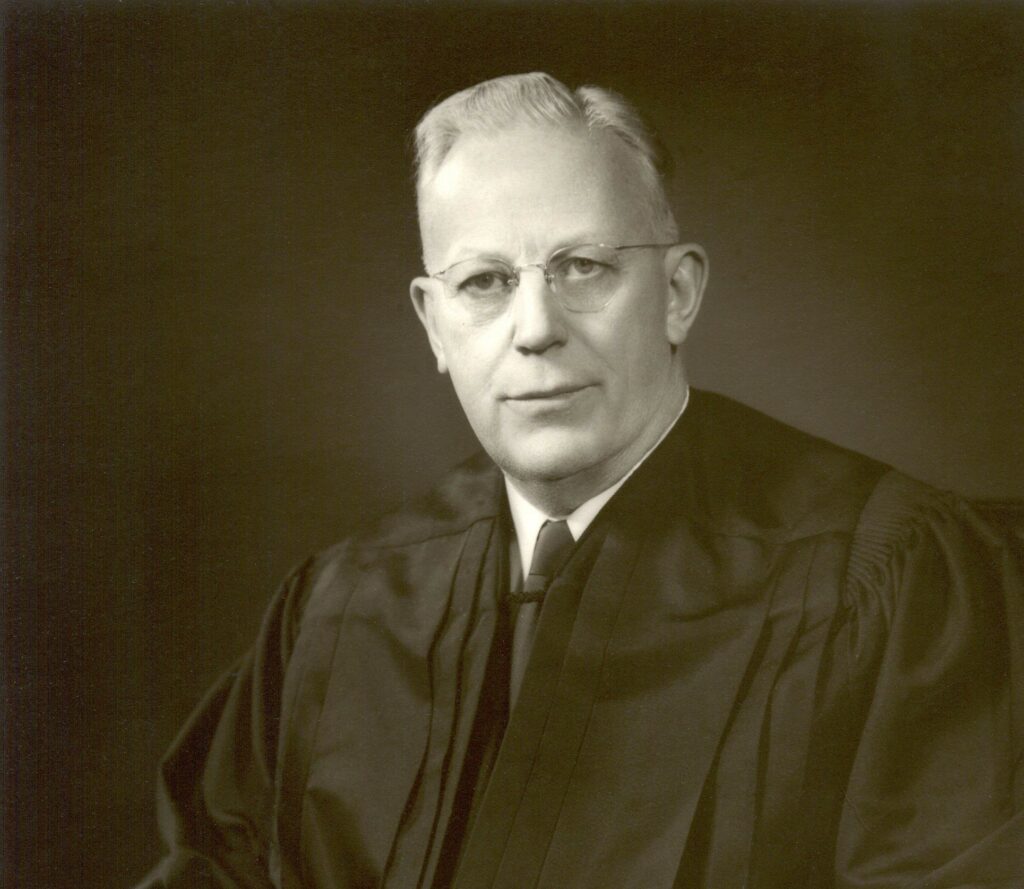Earl Warren

Public Service
(1891 – 1974)
Achievements
Biography current as of induction in 2007
One of the most influential Supreme Court Chief Justices in U.S. history, Earl Warren created fundamental and lasting changes in American society.
Born March 19, 1891, in Los Angeles, California, Warren was the son of immigrant parents. As a youth in Bakersfield, he worked summers for Southern Pacific Railroad. He later said that his progressive political and legal attitudes were the result of seeing first-hand the lives and struggles of working people.
He attended the University of California, Berkeley, earning his law degree in 1914. He became a deputy city attorney for Oakland in 1919, then served as Alameda County deputy assistant district attorney until 1925, when he rose to District Attorney. As D.A. he was known for his honesty, hard work, and for fighting corruption. He was elected California Attorney General in 1938.
First elected governor in 1942, he became the only California governor elected to three terms. Popular across the political spectrum, in 1946 he won the gubernatorial primaries of both the Democratic and Republican Parties. In 1948, he was the Republican nominee for the office of Vice President. Warren became the only California Governor to be elected to three terms when he was reelected in 1950.
In 1953, President Eisenhower appointed him Chief Justice of the U.S. Supreme Court. Almost immediately he faced a long series of landmark decisions. Brown v. Board of Education of Topeka (1954) declared racial segregation in schools unconstitutional and Hernandez v. Texas (1954) gave Mexican Americans the right to serve on juries. The court’s “one man, one vote” decisions, including Reynolds v. Sims (1964) caused nearly every state to redraw their electoral boundaries. Miranda v. Arizona (1966) accorded rights to suspects in custody. The Warren Court took on the defense of individual rights more than any previous court. In 1964 he chaired the Warren Commission, which was formed to investigate the John F. Kennedy assassination.
Warren married Nina Palmquist Meyers, a widow, in 1925. He adopted her son, and they had five more children. Warren retired on June 23, 1969, after fifteen years on the court and more than fifty years in public service. He died July 9, 1974. He posthumously received the Presidential Medal of Freedom in 1981.
View more inductees from the 2nd class, inducted in 2007.
